Sjogren's syndrome is an autoimmune disease that causes your white cells to attack healthy cells instead of protecting them. It is a chronic (long-term) condition with no single progression pattern, making it challenging to treat and manage symptoms.
Sjogren's syndrome often develops if a person already has other autoimmune diseases, such as lupus and rheumatoid arthritis. Its main symptoms usually include dry mouth and eyes because white cells target saliva glands and tear ducts first, which results in decreased moisture.
Anyone can be affected by Sjogren's Syndrome, regardless of their age. However, it is most often observed in women, especially in their 40s and 50s. It can develop in people of all races and ethnicities.
A common misconception is that Sjogren's syndrome is perceived as a rare disease. According to the National Institute of Health, it affects 400,000 to 3.1 million Americans, making it one of the most common autoimmune diseases. In addition, it may develop even if you don't have lupus, rheumatoid arthritis, scleroderma, or other similar diseases. Such cases amount to approximately half of all occurrences of Sjogren's syndrome.
There is no cure for Sjogren's syndrome, but several treatment strategies help manage its symptoms. Despite being a lifelong condition, it is possible to manage it effectively and continue doing things you enjoy if you receive treatment early. Your prompt reaction and cooperation with doctors are essential to avoid severe Sjogren's syndrome and possible complications, including lung problems, lymphoma, and oral and eye infections.
Doctors classify Sjogren's syndrome into two types: primary Sjogren's syndrome and secondary Sjogren's syndrome.
Primary Sjogren's syndrome: If you are diagnosed with this type of Sjogren's, it is the only autoimmune disease you currently have.
Secondary Sjogren's syndrome: This term is used if you develop Sjogren's and already have other autoimmune issues like lupus, scleroderma, or rheumatoid arthritis.
In Sjogren's syndrome, the immune system primarily targets glands that produce saliva and tears![]() . However, inflammation may spread to other parts of your body, including:
. However, inflammation may spread to other parts of your body, including:
Scientists still don't know the answer to the question, ‘Why does the immune system attack its healthy cells'? Typically, your white blood cells, part of the immune system, are supposed to attack only foreign bodies, protecting you from infections and diseases. However, when an autoimmune disease develops, these rules are overwritten, leading to numerous health issues throughout the whole body.
Researchers believe genetic and environmental factors are at play, leading to the development of Sjogren's syndrome. It has been linked to several genes responsible for the body's immunity. However, it seems that changes in these genes do not lead to the disease alone but need to be accompanied by environmental factors that researchers refer to as triggering mechanisms. These usually include infections caused by particular bacteria and viruses.
It is currently unknown how many factors contribute to the development of Sjogren's syndrome. As unsatisfying as it sounds, more high-quality scientific evidence is needed to confirm which risk factors play a significant role in this disease.
So far, it has been observed that Sjogren's affects more women than men. According to estimations, females are ten times more likely to develop this condition than the opposite sex.
Age also has been confirmed to play a role. Even though Sjogren's syndrome can occur in children and younger adults, people in their 40s and 50s are at the most significant risk of getting it.
As mentioned previously, other autoimmune issues![]() increase the risk of Sjogren's. About half of the patients with Sjogren's already have an autoimmune condition such as lupus or rheumatoid arthritis.
increase the risk of Sjogren's. About half of the patients with Sjogren's already have an autoimmune condition such as lupus or rheumatoid arthritis.
The main complaints of people affected by Sjogren's syndrome are dry eyes and mouth. However, only some have both. The main problem for some people is dry eyes, while it is dry mouth for others. The severity also varies from person to person. The symptoms may cycle from mild to more severe or stay the same.
One of the characteristic symptoms of Sjogren's syndrome – dry eyes – occurs after your immune system targets glands responsible for producing tears. People who develop dry eyes experience a burning sensation, itchiness, and discomfort in their eyes. Feeling as if there is sand in your eyes is also a common complaint.
Less common symptoms that may develop due to inflamed tear glands include blurry vision, itchy and irritated eyelids, and sensitivity to light.
Symptoms related to the mouth appear after your white blood cells damage saliva glands, which provide moisture in your mouth. Classic symptoms of dry mouth include a chalky and cotton-like feeling in your mouth. Some people may also have trouble swallowing, tasting, and talking.
Long-lasting dry mouth may contribute to dental problems such as mouth infection (thrush), dental cavities, and other tooth issues. The presence of saliva in the mouth is crucial for tooth protection. It stops sugar and acid from causing damage, kills bacteria, and even promotes the healing of tooth minerals. A mouth without protective and maintenance properties of saliva is susceptible to infections and various dental problems, including those caused by Sjogren's syndrome.

In addition to dry eyes and mouth, some Sjogren's syndrome patients develop other symptoms, which may occur if white blood cells attack more tissues and organs. In such a scenario, health problems are widespread, appearing in various body parts. The possible outcomes include:
The above symptoms of Sjogren's syndrome vary in severity and how often they occur from person to person. Some people develop serious issues that interfere with their daily lives. It especially applies to pain and fatigue, symptoms that are most often reported as debilitating by Sjogren's syndrome patients.
Untreated, poorly managed, or severe Sjogren's syndrome may result in additional health issues. Most commonly, they develop due to dry mouth and eyes and are as follows:
Sjogren's syndrome poses a diagnostic challenge which is due to the many forms it may take. Inflammation may occur in many body parts, resulting in multiple symptoms. While its characteristic outcomes are dry mouth, eyes, or both, Sjogren's syndrome may mimic other conditions if more issues develop.
Because of these challenges, no single test can confirm or rule out Sjogren's syndrome![]() . To achieve reliable results, doctors usually order a series of tests and exams, ask about your medical history and when you first noticed the symptoms, and perform a physical exam.
. To achieve reliable results, doctors usually order a series of tests and exams, ask about your medical history and when you first noticed the symptoms, and perform a physical exam.
In many cases, diagnosing Sjogren's syndrome requires consultation from several healthcare specialists. You may receive a diagnosis from a rheumatologist – a doctor specializing in inflammatory conditions – but you may need to visit an ophthalmologist, otolaryngologist (throat, ear, and nose specialist), and a dentist who will perform necessary tests.
The most common tests to diagnose Sjogren's syndrome include the following:

Treatment for Sjogren's syndrome depends on which body parts your white blood cells attack. Most treatment strategies aim to resolve dry mouth and eye issues. But since the immune system may also target other organs such as the lungs, liver, kidneys, joints, and digestive system, treatment plans must be adjusted accordingly to the patient's specific needs.
Dry eye treatment aims to decrease your eyes' dryness, itchiness, and discomfort. The following medicines can help restore proper moisture:
For example, in dry eye treatment, medicines for dry mouth help to cope with the lack of moisture in your mouth. Your doctor may recommend the following solutions:
It is more challenging to plan a treatment for other problems caused by Sjogren's. They can vary significantly between the patients since different body parts may be affected. Cooperate closely with healthcare professionals to find the best options for your problem.
Medicines that provide relief for problems unrelated to dry eyes and mouth include:
For many people, managing Sjogren's syndrome at home is an important part of coping with this long-lasting autoimmune condition. While there is no cure for Sjogren's![]() , several strategies and lifestyle adjustments can help patients improve their quality of life and reduce discomfort.
, several strategies and lifestyle adjustments can help patients improve their quality of life and reduce discomfort.
Here are 5 self-care tips for you which will help you in your daily struggle against Sjogren's syndrome:
1. Hydration: One of the critical aspects of managing Sjogren's at home is proper hydration. Since this syndrome primarily affects the moisture-producing glands, staying well-hydrated is crucial. Drink adequate water throughout the day, and consider using a humidifier in your living space to avoid dry air.
2. Eye Care: For those experiencing dry eyes, over-the-counter artificial tears or lubricating eye drops can offer relief. Preservative-free eye drops are vital to keep the eyes moist and overcome discomfort. Sunglasses can also help protect your eyes from environmental irritants and light sensitivity. Discuss your eye issues with your ophthalmologist before using the products above.
3. Oral Health: Proper dental care, on the other hand, is essential for individuals with dry mouth, as it can increase the risk of dental problems. Regular dental check-ups will help you avoid dental complications. At the same time, your dentist will recommend valuable products such as saliva substitutes, sugar-free gum, or toothpaste to help maintain oral health and reduce mouth dryness.
4. Moisturizing Skin: If you're experiencing skin dryness or rashes, consider using gentle, fragrance-free moisturizers and avoiding harsh soaps. Be careful of the products you use on your skin to prevent further irritation.
5. Balanced Diet: A well-balanced diet that includes foods rich in Omega-3 fatty acids, like fish and flaxseeds, may help reduce inflammation associated with Sjogren's syndrome. Limiting sugar and caffeine intake can also minimize mouth discomfort.
By implementing these self-care tips and consulting healthcare professionals, people with autoimmune diseases such as Sjogren's syndrome can better overcome the challenges of this autoimmune condition and lead fulfilling lives.
If you feel that the quality of your life keeps deteriorating because of severe symptoms, consider psychological help and relaxation techniques. Depression and anxiety may develop mainly because of chronic fatigue and pain. You may need to boost your energy levels and well-being thanks to therapy and proper exercises to get your life back on track.

Sjogren's syndrome is a chronic autoimmune disease![]() where the body's immune system mistakenly attacks its healthy cells, primarily affecting the moisture-producing glands. It commonly manifests with symptoms such as dry mouth and dry eyes. While the condition is more frequently observed in women, it can affect individuals of all ages and backgrounds.
where the body's immune system mistakenly attacks its healthy cells, primarily affecting the moisture-producing glands. It commonly manifests with symptoms such as dry mouth and dry eyes. While the condition is more frequently observed in women, it can affect individuals of all ages and backgrounds.
Sjogren's syndrome is far from a rare disease, affecting millions of Americans. It often accompanies other autoimmune conditions, such as lupus or rheumatoid arthritis. Early diagnosis and prompt treatment are crucial in managing the condition and avoiding potential complications, including lung problems and lymphoma.
The exact causes of Sjogren's remain unclear, but genetic and environmental factors are believed to play a role, with infections as potential triggers. Risk factors include gender (predominantly affecting women), age (more common in those in their 40s and 50s), and the presence of other autoimmune conditions.
The hallmark symptoms of Sjogren's syndrome are dry eyes and mouth, but it can affect various other body parts, leading to various symptoms, from headaches to joint pain and fatigue. Complications include dental problems, vision issues, and, in rare cases, lymphoma and organ-related problems.
Diagnosing Sjogren's syndrome usually involves a series of tests and consultations with several specialists, including rheumatologists, ophthalmologists, otolaryngologists, and dentists. Treatment strategies aim to relieve dry eye and mouth symptoms, often utilizing artificial tears and saliva substitutes. Management at home involves staying well-hydrated, proper eye care, oral health maintenance, skin moisturization, and a balanced diet.
Table of Contents

Saliva is a clear, watery fluid produced by the salivary glands in the mouth. It plays a crucial role in… read more »
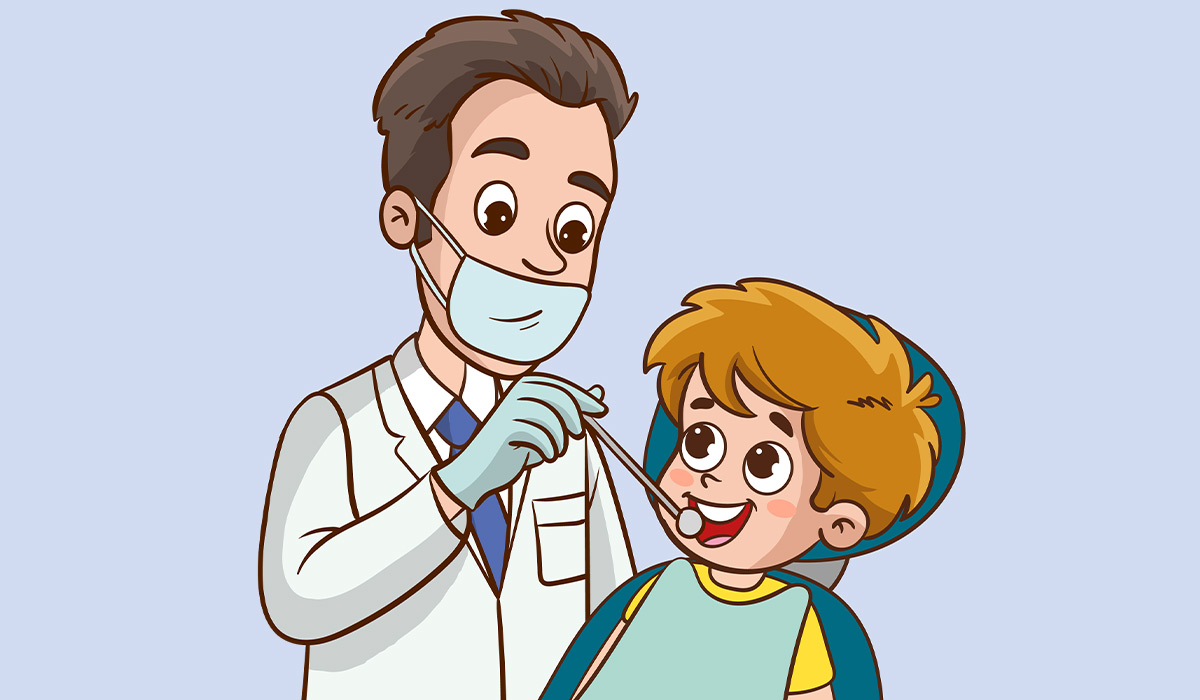
A dentist is a master in pharmaceuticals who treats issues related to oral well-being. They analyze, treat, and avoid infections… read more »
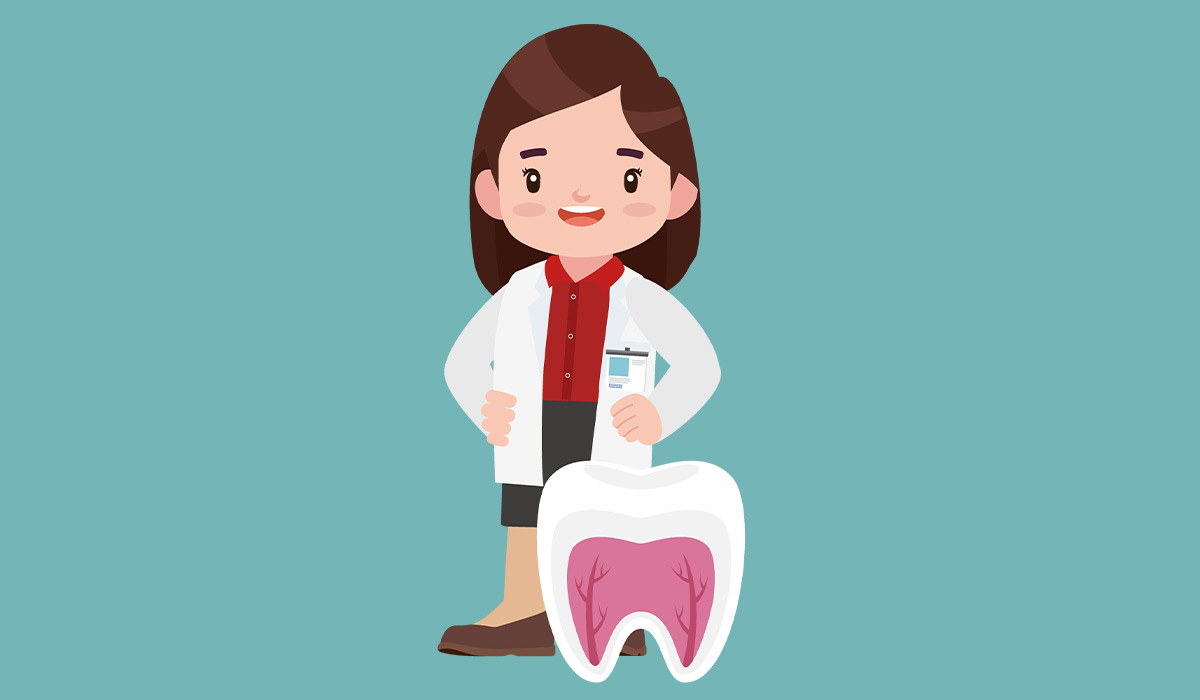
It is recommended that you consult a periodontist to guarantee the well-being of your gums and the supporting dental structures.… read more »
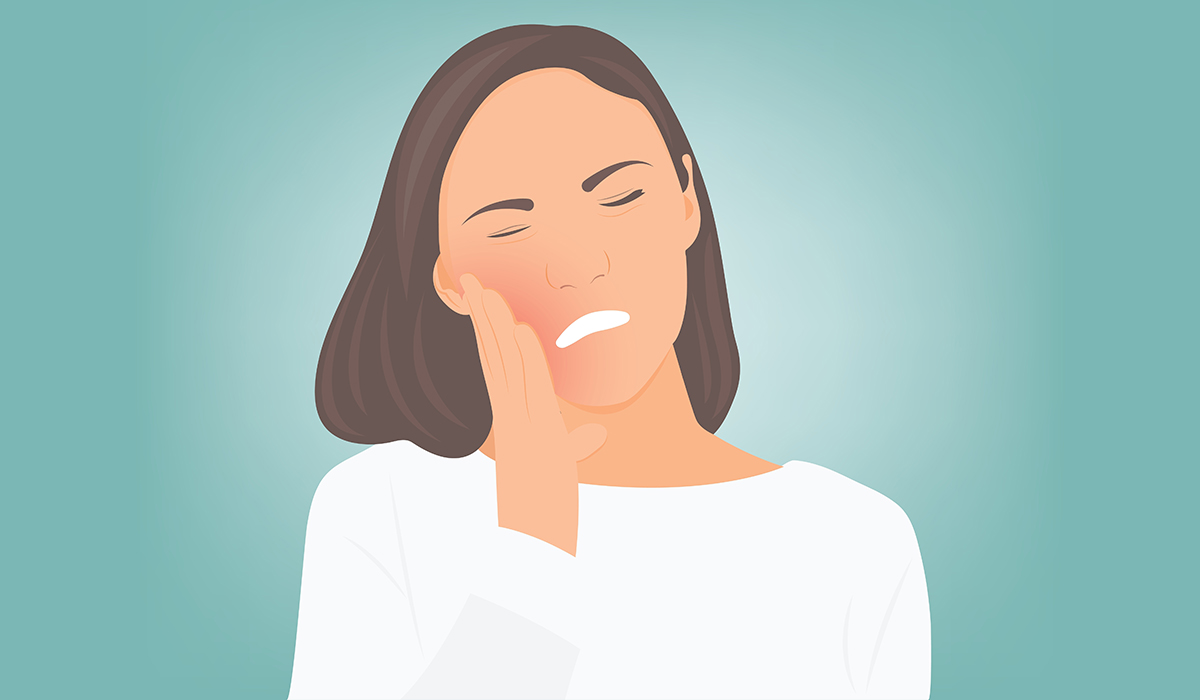
Tooth pain, which is additionally called dental pain, implies a harmful feeling that can take place in or around a… read more »
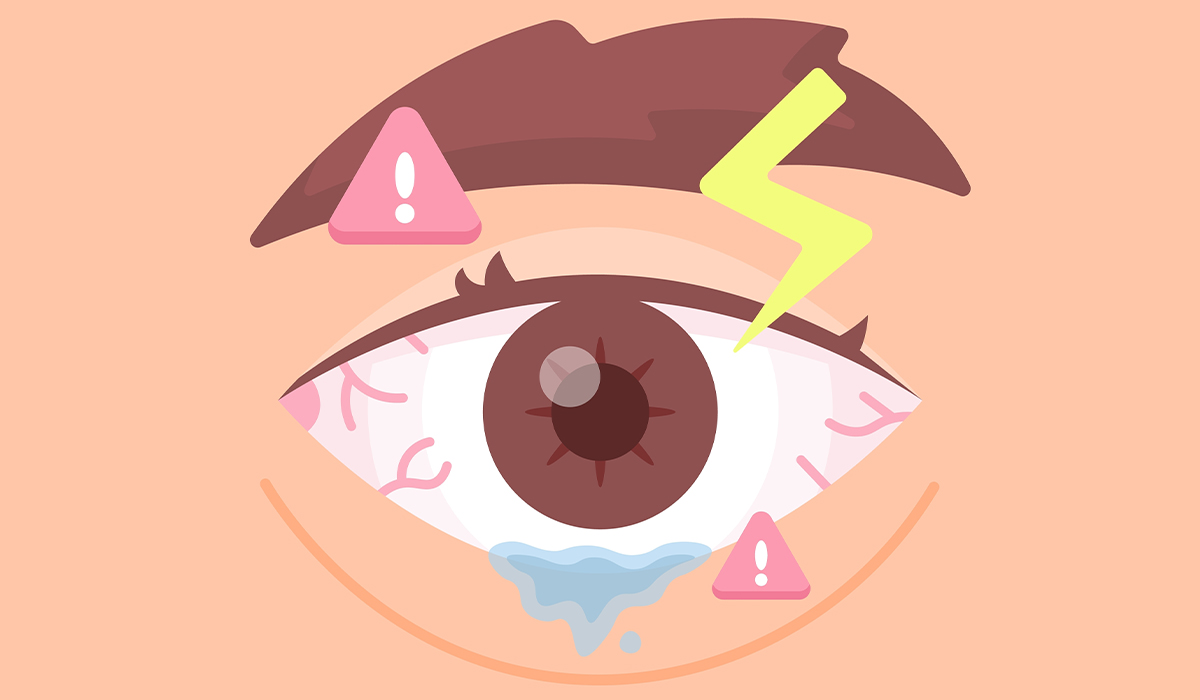
Eye infections are common conditions where an eye becomes red, itchy, and painful. What are the common causes? How is… read more »
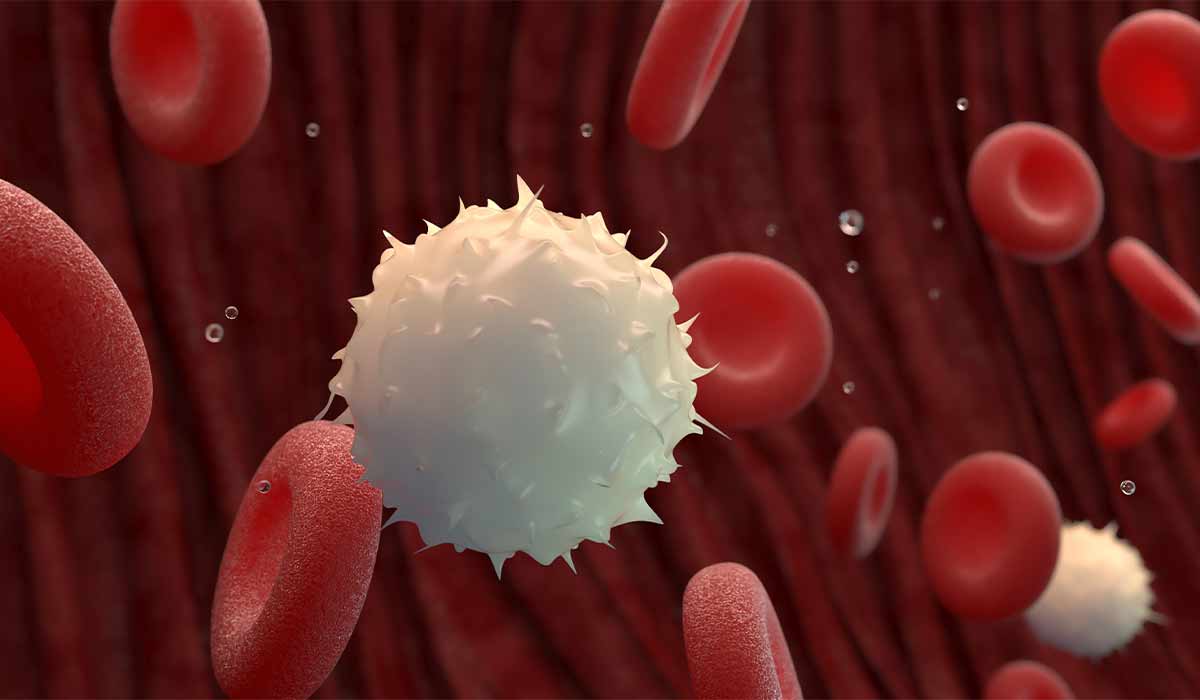
Autoimmune diseases are conditions in which the immune system works incorrectly – it begins to attack the body's tissues. What… read more »
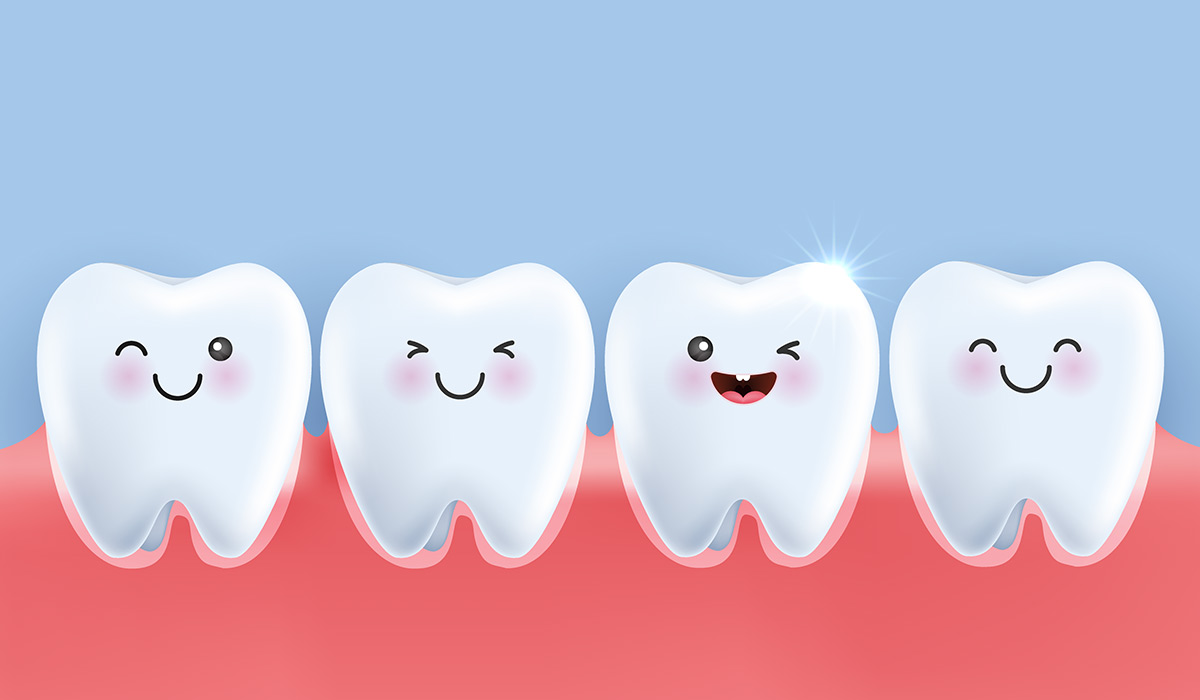
Teeth, the minuscule pieces of white, are of utmost importance, although seemingly unimportant at first glance. Teeth, which are multi-functional… read more »
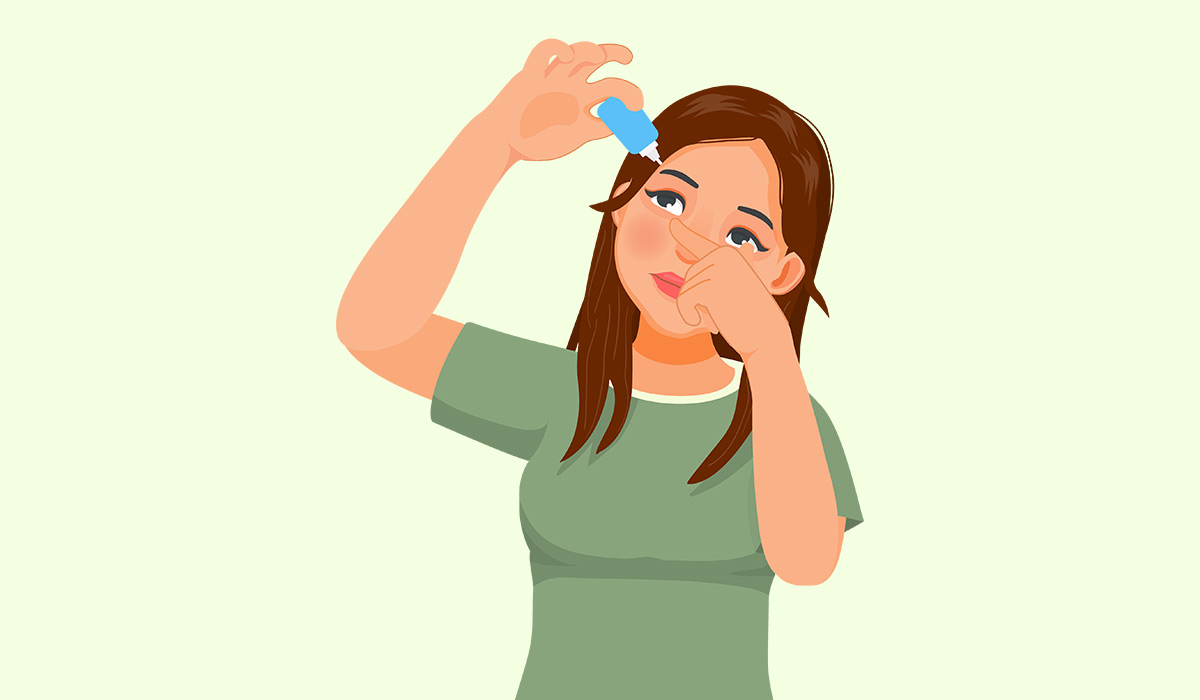
Eye drops are liquid medications designed to be applied directly into the eyes for various purposes. They are used to… read more »
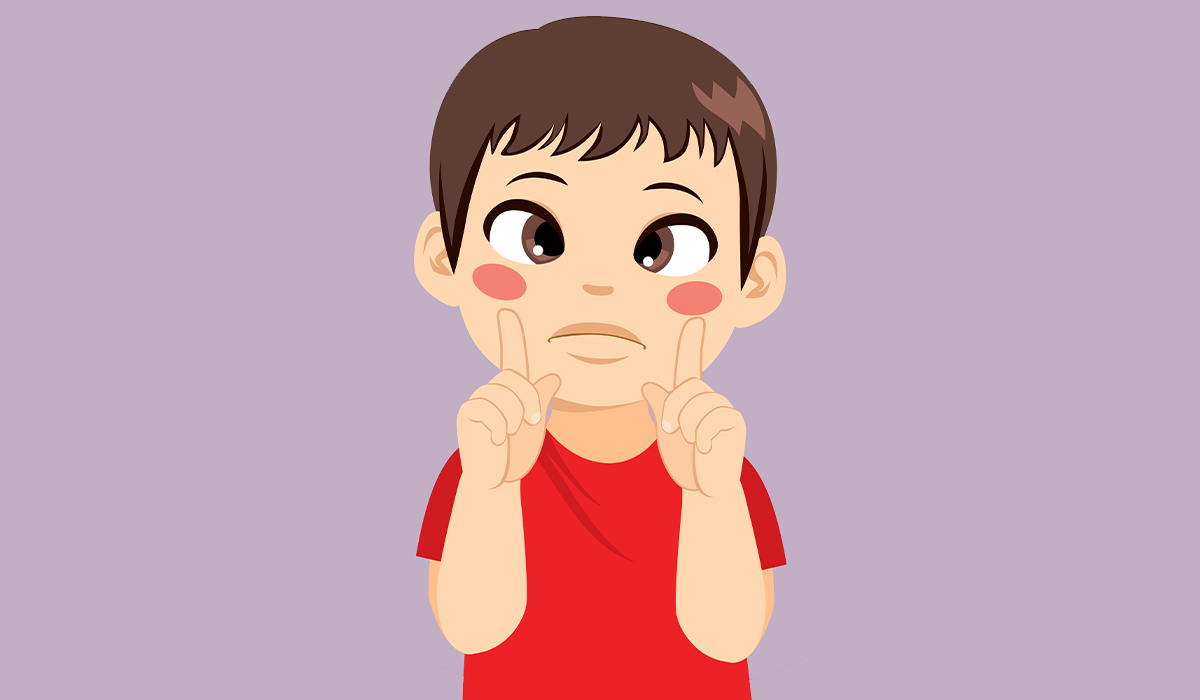
Strabismus is an eye misalignment, a condition when eyes look in different directions. It can affect both children and adults.… read more »